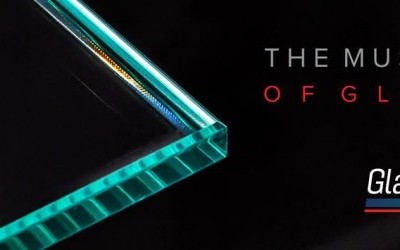Smart glass
/Smart%20glass.jpeg) Smart glass is a special type of glass that can change its transparency and optical characteristics using various technologies or control signals. Its operation depends on the specific technology used in the smart glass and can include the following methods:
Smart glass is a special type of glass that can change its transparency and optical characteristics using various technologies or control signals. Its operation depends on the specific technology used in the smart glass and can include the following methods:
-
Electrochromic Smart Glass: Electrochromic glass has a coating that can change its color intensity in response to an electrical signal. Electrochromic glass includes a layer of electrochromic material that becomes more or less transparent depending on the voltage applied. When electricity is applied, the glass becomes transparent, and when the voltage is turned off, it becomes frosted or opaque.
-
Liquid Crystal Smart Glass: These glasses contain liquid crystal materials that can change their structure and optical properties under the influence of electricity. Liquid crystal smart glass can change its shade or transparency when an electrical signal is applied.
-
Smart Films and Coatings: Smart glass can be treated with special films or coatings that react to external factors such as light intensity, temperature, or pressure. These coatings can change the optical properties of the glass, making it transparent or opaque depending on the conditions.
-
Control via Sensors and Automation Systems: Smart glass can be controlled using switches, remote controls, touchscreens, or automated systems. For example, they can automatically adjust their transparency based on light sensors, infrared radiation, or other external factors.
Smart glass offers flexible capabilities for controlling transparency and optical characteristics, making it useful in architecture, the automotive industry, and other fields. It can be used to regulate brightness, privacy, manage solar energy, and create modern and innovative design solutions.


